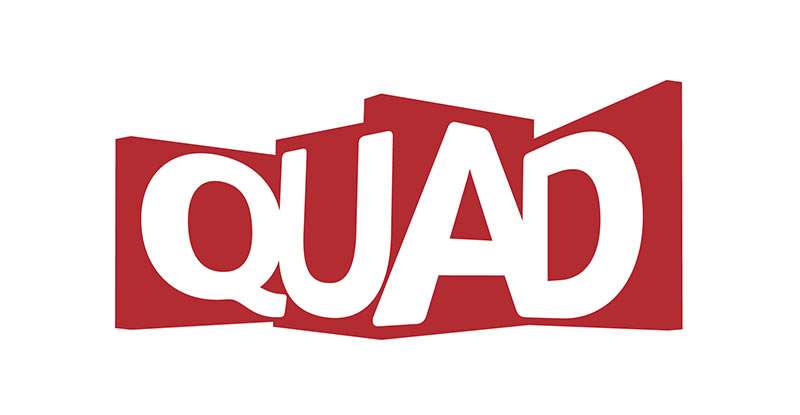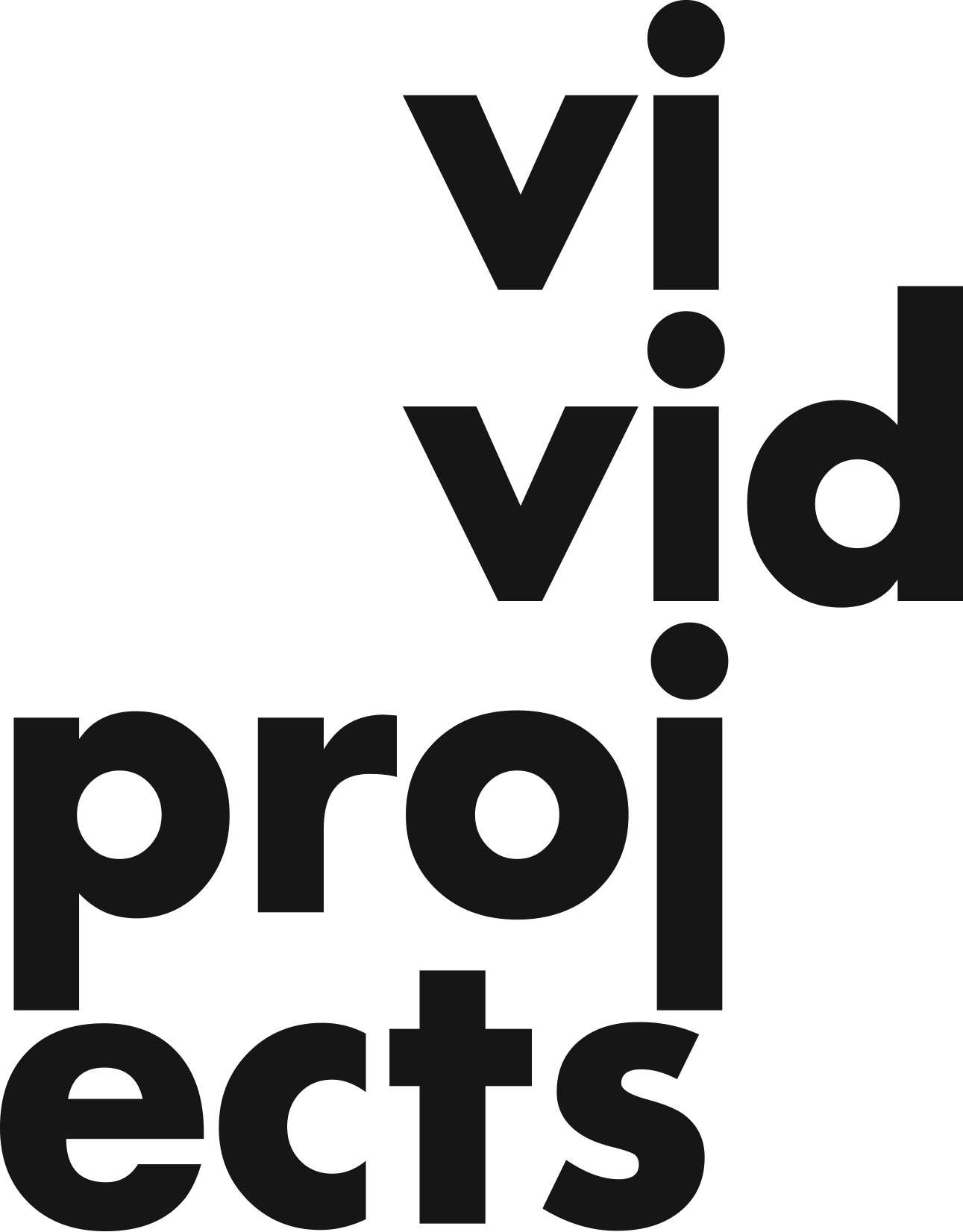Partners




Helen de Witt is a curator, lecturer and writer specialising in experimental and artists’ film and independent cinema. She is programme advisor for the BFI London Film Festival and a lecturer at Birkbeck University of London and University of the Arts London.
The four WORK films, in very different ways, examine ideas and experiences around work, from the local to the global and how the past is brought to bear on the present.
Jenny Holt’s The Great Bear, shot in rural Northamptonshire, is a big-sky farming film of quotidian working life on the land. Alongside by Dryden Goodwin is a beautifully sensitive series of sketches of the life of a community support carer in Derby. In Meeting in a Room, Adam Lewis Jacob has made an incisive multi-format piece that gives voice to the people of Birmingham ignored by capitalism’s alienating structures of work. Esther Johnson’s A Role to Play is an inclusive tribute to the resilience of a community forced to change after the pit closures of the 1980s.
Taken together, these four very special and relevant films provide a picture of many aspects of working life in the Midlands today. They use a variety of imaginative visual techniques to reveal the political histories of how working life became what it is today. The artists use different filmmaking styles to make moving-image portraits of workers going about their work in a complex network of circumstances.
The idyllic Northamptonshire countryside is the main character in Jenny Holt’s film, The Great Bear. The piece has a timeless feel. Through wide-angle shots, we see the diurnal change in light, the seasonal ripening of crops and the Spring shearing of sheep. The technology may have changed, but this work to feed and clothe the people has gone on forever. The typical image of the rural worker has changed too - a shepherd who is young, and female. Could this be one reason for a greater empathy with the animals, even if we know they are still destined for slaughter? And change in the dramatic transformation in the global food trade, demonstrated by a visit to a huge warehouse where the food comes from all around the world, as do the people who work there.
Dryden Goodwin is known for his beautifully intricate sketches that capture fleeting moments, with details that uncover much about character. His film, Alongside, follows Paul Johnstone, a community care worker in Derby, who looks after people with severe physical disabilities and autism. Paul is kind and conscientious, very aware of his clients’ individual requirements and his responsibility to them. Goodwin’s drawn sketches of him and the clients are intimate and revealing, but his camerawork is more distant and oblique, sometimes even blurred. It’s as if he is saying that the image of a person is never enough to know them, and that an image can also be damaging, leading to judgement and false assumptions, particularly of people who are disadvantaged by decades of systemic exclusion. His film is a plea for adequate social care and a tribute to carers so vital in any humane society.
People Meeting in a Room is apt title for a film that takes in many people, in many rooms. Adam Lewis Jacob's dazzling film displays a huge range of visual strategies from animation, to black-and-white still photography to archive Super8. An animated penguin takes us behind the green door to visit people involved in different kinds of work and activism in Birmingham. These range from veteran campaigner Muhammad Idrish, whose views on the Right and the Left of British politics are hard to disagree with, to a community editing class learning about how the media can manipulate reporting. The film contextualizes the precarious and alienating effect of contemporary working conditions as the direct result of 1980s neo-liberal capitalism made possible by the digitisation of the markets. Labour laws were changed, and unions busted to clear a path for what we now know as the gig economy. It is far from a downbeat film, though. From political campaigning, through music video to dance, it is as robust in its tribute to the resilience and resistance of people through collective action, as it is in its condemnation of market economics.
Finally, we visit Bolsover, as the opening sign announces in Esther Johnson’s A Role to Play. In the 1980s the Derbyshire town became more famous for its resistance to pit closures than it had previously been for its imposing 17th Century castle. Using a range of strategies across theatrical performance and documentary, the film engages with local people desperate to develop their lives. It starts and finishes with the story of a young girl from a difficult background who, despite the odds, fulfils her dreams of a place at acting school. There is a trainee tattooist who has at last found his metier, and a retired teacher, who refuses to give up teaching. Most inspiring, though, is Stephen, a young man who, despite setbacks, worked hard to learn to read through the Freedom Centre, now helps others to do so, volunteered - and is now employed - at the foodbank.
The film also serves as an affectionate attribute to Dennis Skinner, called the ‘Beast of Bolsover’ for his stand against the Thatcher government’s deindustrialisation policies. Skinner lost his seat in the December 2019 election after 49 years as Bolsover’s MP. He persuasively tells his story of being a miner who entered politics to make things better for his community. He talks about the way he encouraged new businesses into the area after the pit closures, but how many of those business now operate repressive and restrictive employment practices. Skinner bring the threads of the film together in his advocacy for education and the importance of helping others.
Viewed together, the WORK films offer us an inside picture of working life in the Midlands - from field to factory and from dance studio to tattoo parlour; stories are surely relevant to the whole of Britain. The artists are all generous to their subjects, giving them time to speak for themselves, and allowing us in on their worlds of work. Not always easy, because work rarely is, they are unflinching in their condemnation of discriminatory practices and unfair public policies. With great integrity, they bring into focus a selection of people who, in their own ways, work for equality in the system. And this, as we know, is a job that is never done.